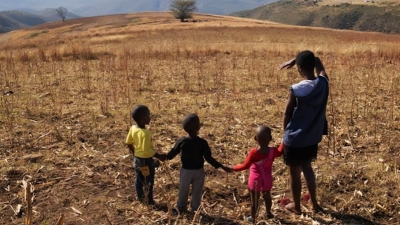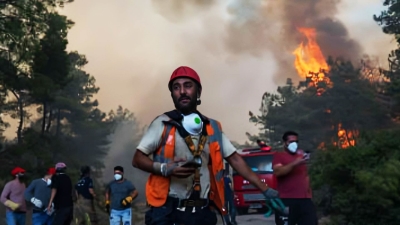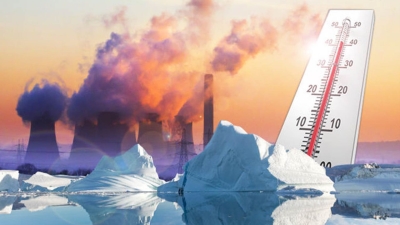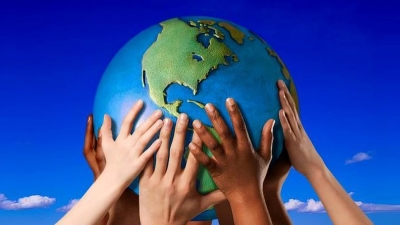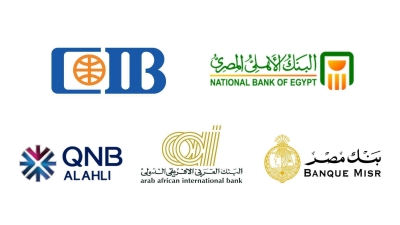How to benefit from education sector to fight climate change
Mai El-Kafoury

Education is one of the key factors in addressing the climate issue, which is one of humanity's most threatening files, especially with the changes that we have witnessed over the past year, and the most important question is “can education confront that dilemma and support the transition to a more sustainable world?
It is time to create a generation that is conscious enough to know the criteria for adapting to climate change, acquire the knowledge that qualifies them to preserve the rights of future generations, and embrace the idea of transforming into green societies.
Education can achieve the difference in the of climate change, by promoting critical thinking for students and civic engagement, and students can think of fair and sustainable alternatives, teaching young people about the impact of global warming and how to adapt to climate change, and thus know the possibilities available and take necessary action.
Access to good education in climate change field will not be achieved only through concerted efforts between institutions and the Government to fight that battle as governments can develop and evaluate good education policies in climate change field, through collaboration with teachers' unions and student organizations, to play this role. Government can increase local investment in the education system, in order to enhance the quality of education for all.
At the educational material level, climate change can be incorporated into the curriculum at all levels from secondary to technical and higher education, to ensure universal access to adequate education, and the necessary skills can be made available to students, which will qualify them for future occupations associated with the green economy through the provision of many courses and trainings that support the field.
We cannot lose sight of the role of the teacher, the backbone of that system, by providing him with the necessary trainings and professional development programs to be able to provide students with outstanding education in the field of climate change, as well as providing all the rich sources for their development, and overflowing students with that science.
It should be noted that some organizations have taken effective steps in this regard. climate change, such as the United Nations Convention on Climate Change, where it conducted educational and public awareness campaigns on climate change to ensure public participation in programs and access to information on that issue, and UNESCO has played a leading role through its Climate Change Education for Sustainable Development program to help people understand the impact of today's global warming and increase climate literacy among young people.
The World Meteorological Organization also produced a series of videos called "Summer in Cities", which provide a glimpse into the future impacts of global warming on weather in cities around the world.


